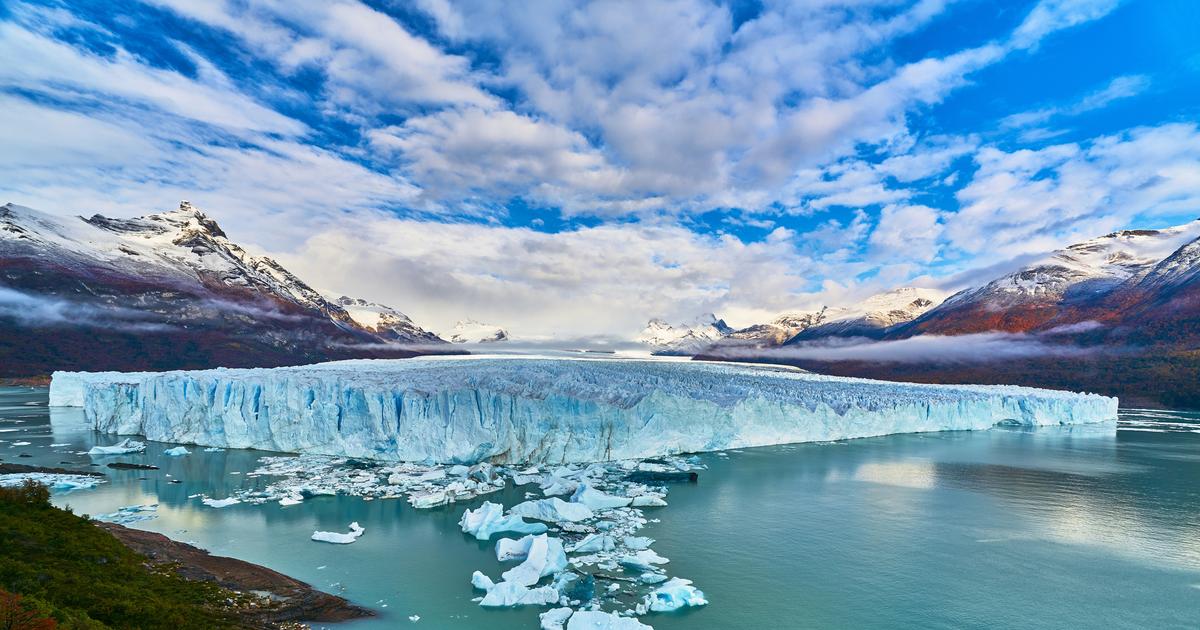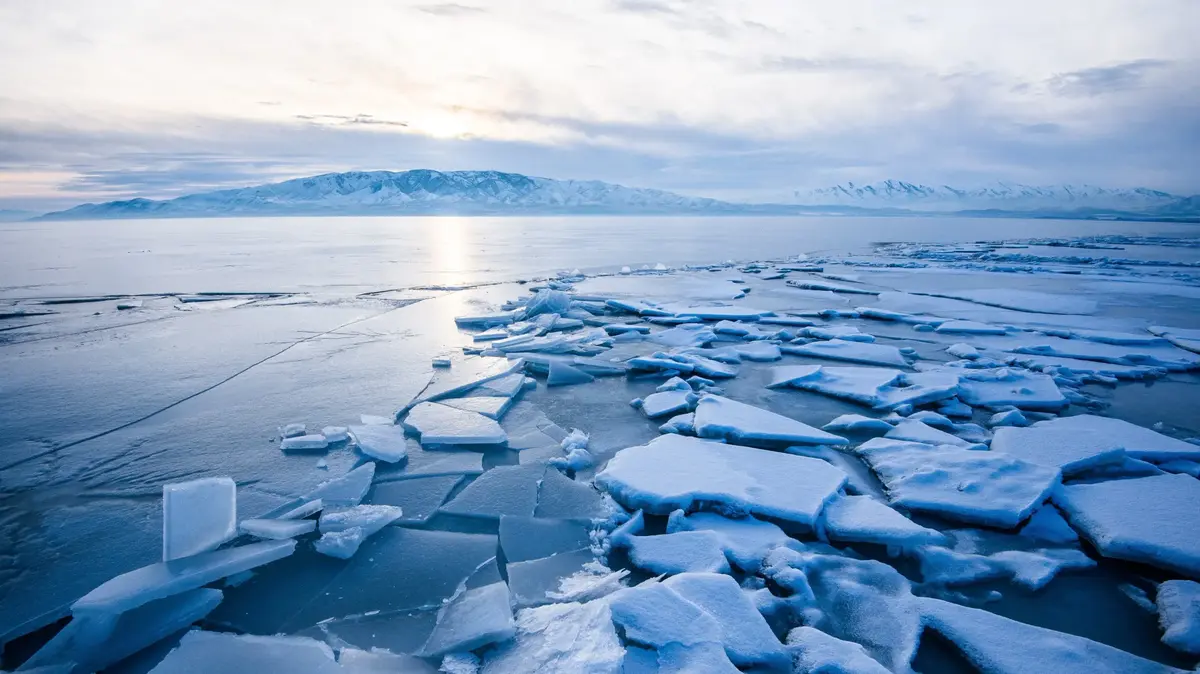It seems inevitable: even in the most optimistic of scenarios, half of the planet's glaciers will have disappeared by the end of the century.
This unequivocal observation is drawn up by an international team of scientists, who modeled with unprecedented precision the future of some 215,000 glaciers in the world according to different trajectories of global warming.
Read alsoGlobal warming: there is still time to act, assures the IPCC
In an article published Friday in the journal
Science
, these researchers led by David Rounce, of Carnegie Mellon University in Pittsburgh, explain that a rise in the average global temperature limited to + 1.5°C (the most ambition of the Paris agreement) will not prevent the melting of 49% of glaciers by 2100 compared to 2015, and the loss of a quarter of their total mass.
And it will be much worse if we do nothing to contain greenhouse gas emissions: at +4°C warming, 83% of glaciers will have disappeared by the end of the century.
“
For the Alps, there would be about 15% of the glaciers left in 2100 for a scenario at +1.5°C, no more at +4°C and only a few on the peaks above 4000 meters for the trajectory current warming.
»
Étienne Berthier, glaciologist
However, if we refer to current climate commitments, the…
This article is for subscribers only.
You have 81% left to discover.
Pushing back the limits of science is also freedom.
Keep reading your article for €0.99 for the first month
I ENJOY IT
Already subscribed?
Login





